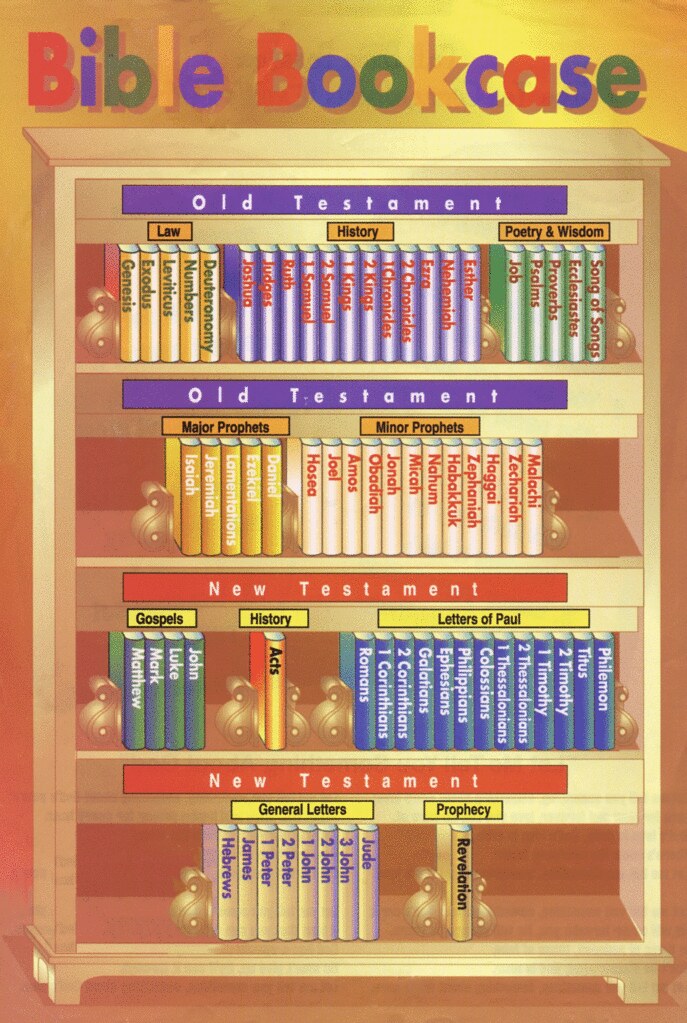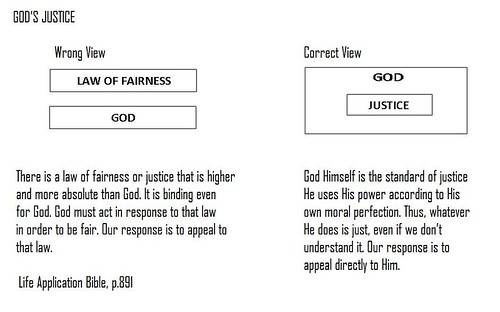BACKGROUND
Psalm 81
This song of Asaph is a festive celebration because of the Lord's deliverance of Israel from the bondage of Egypt and is traditionally identified with the Feast of Tabernacles (see Leviticus 23 post for details about this feast) that reminded the Israelites of the wanderings in the wilderness. It refers to the "waters of Meribah" where God tested the Israelites (Exodus 17). God also promised that if they would obey, He would subdue their enemies and give them prosperity. Sadly, we know that did not happen because they eventually turned to foreign gods in the land of Canaan.
Psalm 82
Asaph declared that God judges His human judges, and they are all accountable to Him. He called on God to act in justice. All of them who are without understanding and ignore God's appointment will perish.
In John 10:34, Jesus quoted this Psalm when He was accused of blasphemy, "I said, 'You are gods, and all of you are sons of the Most High.'" (Psalm 82:6).
REFLECTION (written in 2009)
I had tea with a friend on Friday who was leading worship at her church for the first time! I loved hearing her enthusiasm about how the Lord had made all the songs come together so beautifully. It made me remember the times I was on the worship team at church. I so miss always having a song of praise in my heart because I was practicing them all week. While worship takes many forms, worship in music and song is what Psalm 81 is talking about:
Sing for joy to God our strength;
Shout joyfully to the God of Jacob.
Raise a song, strike the timbrel,
The sweet sounding lyre with the harp.
Blow the trumpet.
(Psalm 81:1-3a)
May we not forget to "sing for joy" too!
APPLICATION
Shout joyfully and sing for joy! Sing throughout the next couple of days and focus on God's goodness!
PRAYER
Lord, put a song in our hearts today. We ask this in Jesus' name. Amen.




